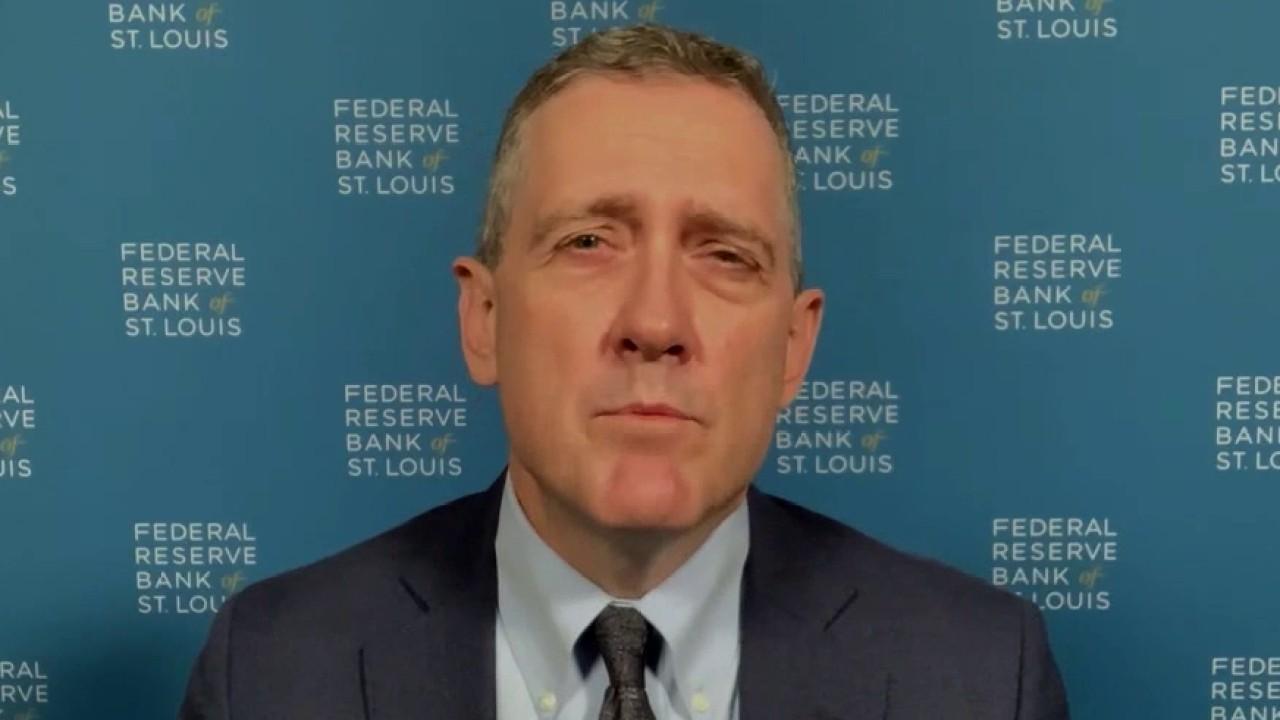Congress needs to be 'aggressive' with economic assistance to boost recovery, Fed's Kashkari says
Kashkari argues that right now is the best opportunity to provide assistance without serious economic repercussions
Minneapolis Federal Reserve President Neel Kashkari is urging Congress to be "aggressive" with economic assistance in order to boost the United States' recovery from the coronavirus pandemic.
"I'm seeing, especially on the small business front, I mean, some sectors of the economy are doing fine. If you are a white-collar worker like I am ... you're able to work from home. You're really not affected by this pandemic," Kashkari told CBS' Face the Nation. "But there are many sectors of the economy that are still being devastated. The travel and tourism industries, the frontline service industries, restaurants, and that's where you're seeing big job losses and bankruptcies. And this is going to continue to spiral and continue to bleed on."
Kashkari said that there are roughly 11 million Americans who are still struggling to pay their bills and put food on the table, and that as long as the problem continues for consumers, there will be "spillover effects" on other areas of the economy.
"The reason the economy bounced back as strongly as it did in June and July is because Congress was so aggressive in the spring," Kashkari added. "We need Congress to continue to be aggressive so that the recovery can be stronger."
He warned that it took 10 years to rebuild the labor market from the Great Recession and that the country can avoid going through a similar experience now if Congress is more aggressive in its spending in the immediate moment rather than the future.
TRUMP SAYS HE WANTS A LARGER STIMULUS PACKAGE THAN GOP OR DEMS ARE DISCUSSING
While Kashkari acknowledged that the Federal Reserve can use broad-based tools like lowering interest rates and quantitative easing, he stressed that it cannot fix the specific areas of the economy that are hurting, without more stimulus from the government.
"We don't have the ability to target the assistance to one group or one region or one sector. Only Congress can do that. And it's much cheaper if you can keep people whole on the front end then if we have these continued layoffs and these continued bankruptcies and to try to rebuild it on the back end, Kashkari said. "That ends up taking a lot longer. That actually ends up being more expensive for the taxpayers."
He argues that right now is the best opportunity to provide assistance without serious economic repercussions given the ability to borrow at very low interest rates.
"Right now, the U.S. government is able to borrow at very, very low rates. And so now is the time. If there is a need to run deficits, now is the time to go ahead and use that government's fiscal capacity to provide the assistance," Kashkari said. "There's no question over the long run we have to make changes. We have to make some decisions to get our fiscal house in order to get some balance, but right now is the time to provide assistance."
CORONAVIRUS WILL DICTATE U.S. ECONOMY'S PATH: FED'S WILLIAMS
Kashkari's comments come days after one of his colleagues, Dallas Federal Reserve President Robert Kaplan, said he sees no need to expand the central bank’s asset purchases to bolster the economic recovery.
“I’d be skeptical about the benefits of doing more,” Kaplan told Bloomberg Radio.
Kaplan believes that “the bond-buying needs to curtail, the Fed balance sheet growth needs to curtail,” when the crisis starts to lapse.
“I don’t think it’s healthy for the markets to be addicted, or too reliant, on Fed presence ... it engenders fragilities,” Kaplan added.
CLICK HERE TO READ MORE STORIES ON FOX BUSINESS
Negotiations on Capitol Hill currently remain gridlocked as Democrats and Republicans continue to disagree on a price tag for the stimulus package. President Trump said Friday that he would like a larger stimulus package than lawmakers have floated, a stunning reversal that came amid reports that Treasury Secretary Steven Mnuchin was set to discuss a $1.8 trillion stimulus proposal with House Speaker Nancy Pelosi, D-Calif., on Friday.
Pelosi dismissed the deal, calling it “one step forward, two steps back” on Saturday. However, she noted that remains hopeful that progress can still be made towards a deal. Currently, the most recent public offer made by Democrats is $2.2 trillion.
GET FOX BUSINESS ON THE GO BY CLICKING HERE




















